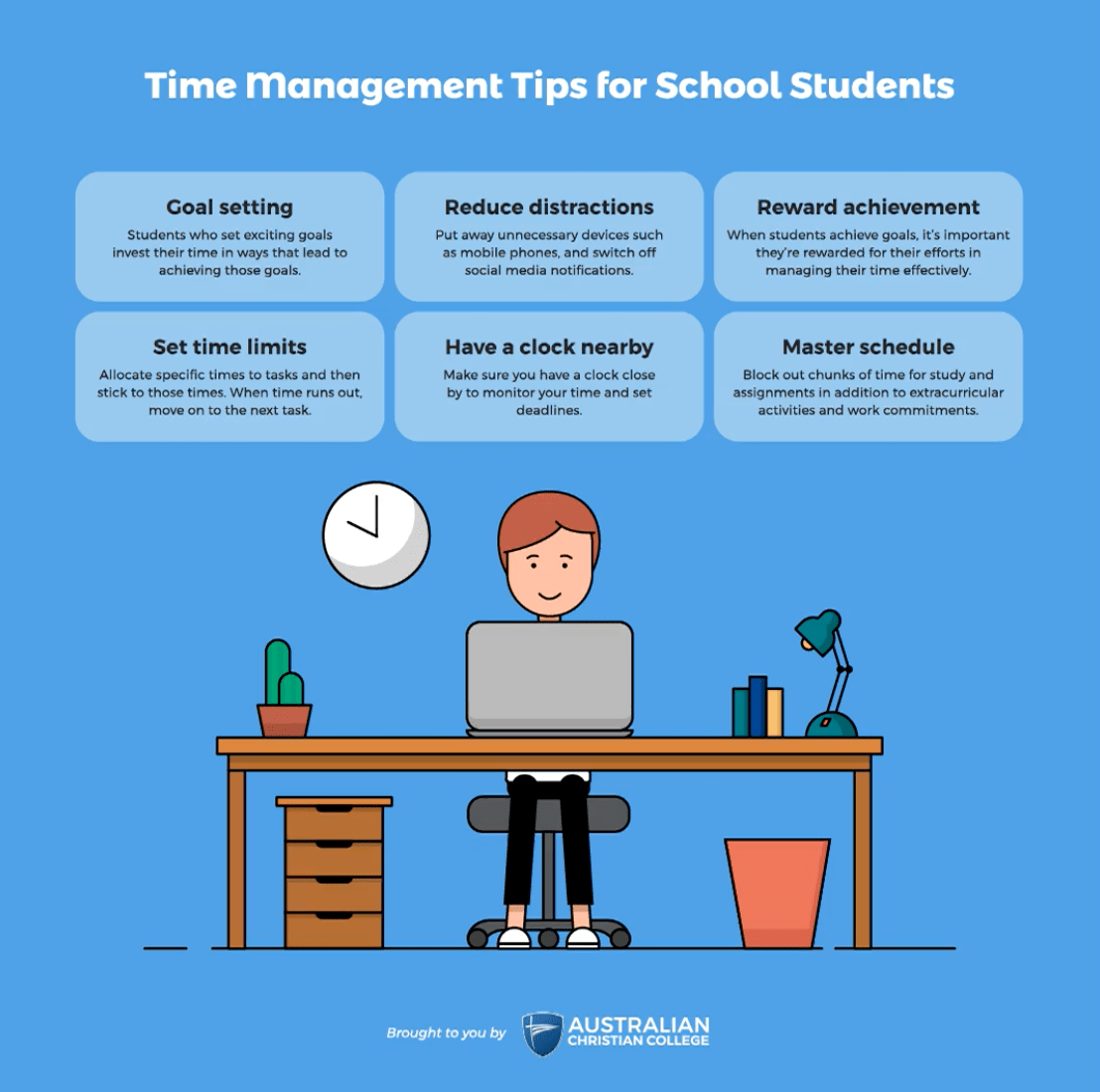As a student, the juggling act of trying to balance academic commitments with a vibrant social life can often feel overwhelming. We go through phases where it seems like there aren’t enough hours in the day to get everything done. Trust me, I know this struggle all too well. However, over the years, I’ve learned a thing or two about effective time management for students. Today, I want to share some personal insights and practical tips on how to strike a healthy balance between your studies and your life outside the classroom.
First and foremost, it’s crucial to recognize that your time is your most valuable asset. Every day, we are presented with a certain number of hours – it’s up to us to make the most out of them. One key realization I had was that by managing my time effectively, I could actually achieve more with less stress. It’s all about finding a routine and sticking to it.
One of the most important steps in mastering time management is getting organized. Start by creating a study schedule that outlines your fixed commitments, such as classes, work, or extracurricular activities. Once you have those in place, identify the chunks of time that you have available for studying and allocate them wisely. Remember, it’s not just about the quantity of hours you spend studying but also the quality. Break down your tasks into smaller, manageable segments, and set specific goals for each study session. This way, you’ll stay focused and motivated, knowing that you have a plan in place.
Procrastination is the arch-nemesis of time management, and we’ve all fallen victim to its temptations at some point. To combat this, I discovered the power of creating a productive environment. Find a study spot that suits you best; it could be a quiet corner of the library or a cozy café. Remove any distractions that could divert your attention, such as your phone or social media notifications. Instead, equip yourself with the necessary materials and resources to stay on track. Having everything you need within arm’s reach will help you avoid unnecessary detours and keep your focus intact.
Another crucial aspect of effective time management is learning to prioritize tasks. Let’s face it; not all assignments or projects are created equal. Some require immediate attention, while others can be put on the backburner. By understanding the importance and urgency of each task, you can allocate your time accordingly. Start by identifying the deadlines for each of your assignments and work backward to determine when you should start working on them. This way, you’ll avoid those last-minute scrambles and the associated stress.
Now, let’s not forget about life outside the classroom. Socializing, exercising, pursuing hobbies, and just taking some time for self-care are all essential components of a healthy student life. It’s easy to get caught up in the relentless cycle of studying, but it’s important to recharge and give yourself a break. This is where time blocking comes into play.
Time blocking is a powerful technique that involves dedicating specific time slots for different activities throughout the day. By doing so, you’re not only ensuring that you have time set aside for studying, but also for social activities, exercise, and personal time. This simple method allows you to create a balance that will help you thrive both academically and personally.
Remember, though, that achieving a balance isn’t a one-size-fits-all solution. Everyone has different priorities and commitments, so it’s important to create a routine that works best for you. Experiment with different strategies and be open to adjusting your schedule as needed. Finding what works for you might take time, but once you do, you’ll be amazed at how much more you can accomplish without sacrificing your sanity.
Lastly, I want to emphasize the importance of self-care. As students, we often neglect our own well-being in the quest for success. But the truth is, taking care of ourselves is key to maintaining a healthy and productive lifestyle. Make sure to incorporate time for relaxation, exercise, and pursuing activities that bring you joy. Remember, it’s not just about surviving – it’s about thriving.
In conclusion, mastering time management as a student is an ongoing process. It requires self-discipline, organization, and the ability to prioritize effectively. By creating a study schedule, minimizing distractions, learning to prioritize tasks, and implementing time blocking, you can strike a healthy balance between your studies and your personal life. Remember to be patient with yourself, as it may take some time to find the routine that works best for you. Most importantly, don’t forget to take care of yourself along the way. Your time is precious, so use it wisely and make the most out of every moment. Good luck!
